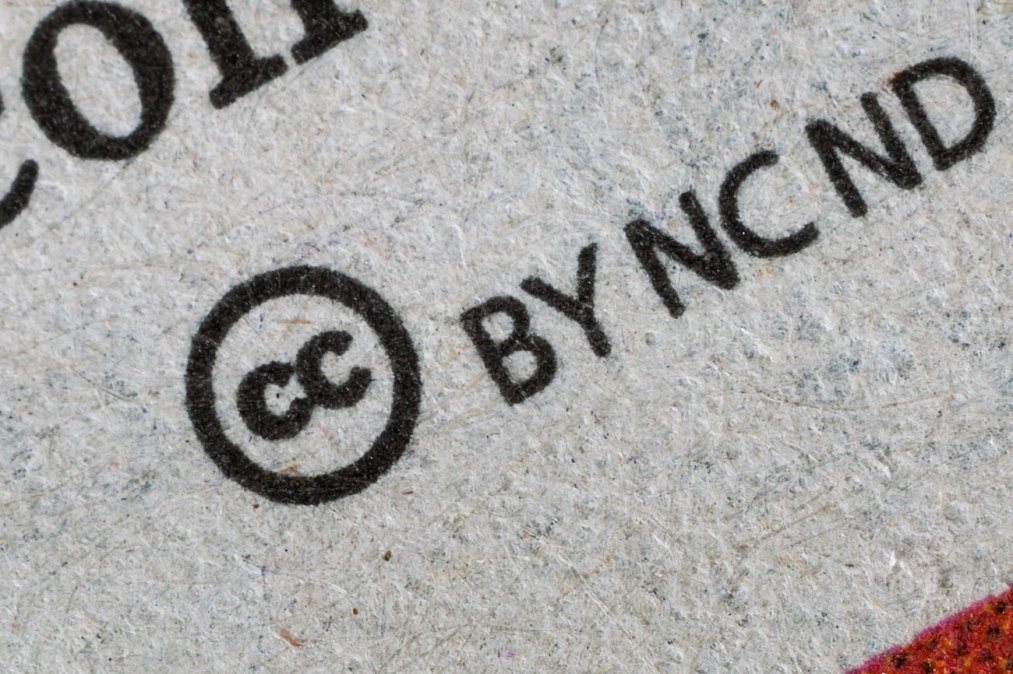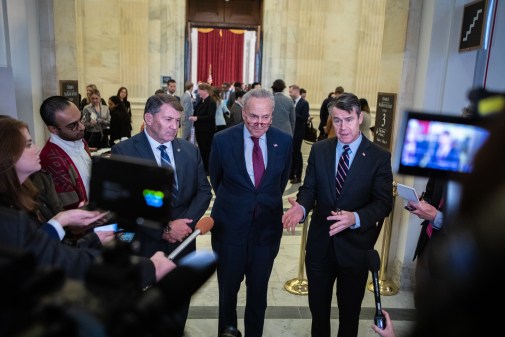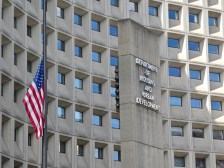U.S. Copyright Office launches study on the impacts of generative AI on copyright law

The U.S. Copyright Office issued a notice of inquiry Wednesday in the Federal Register to gather public opinion on the copyright law and policy issues regarding generative AI.
The Copyright Office claims that it will use this information to “analyze the current state of the law, identify unresolved issues and evaluate potential areas for congressional action,” according to the office’s website.
The inquiry includes questions that the office has about generative AI but welcomes comments that are outside of those pertaining to the specific questions. These include inquiries about the public’s view on copyrighted generative AI work, research that is relevant to the study’s purposes, perspectives on whether open-source AI models raise unique considerations and others.
This study is a part of the Copyright Office’s AI Initiative, launched earlier this year as a direct response to the recent advance in generative artificial intelligence. So far, the office has hosted listening sessions and two webinars.
Shira Perlmutter, director of the U.S. Copyright Office, said in a statement that collecting the public’s comments regarding the subject matter was a critical next step.
“We look forward to continuing to examine these issues of vital importance to the evolution of technology and the future of human creativity,” Perlmutter said.
The Copyright Office reported receiving applications to register works that contain AI-generated material over the past several years where AI systems would be labeled as an author or co-author.
The wide range of potential copyright issues that could arise from the use of generative AI are all related to four different subject matter areas, according to Wednesday’s notice. This includes the use of copyrighted works to train AI models, the copyrightability of material generated by AI systems, potential liability for infringing works generated using AI systems and how generative AI outputs are treated when they imitate the identity or style of human artists.
“At the same time, copyright owners have brought infringement claims against AI companies based on the training process for, and outputs derived from, generative AI systems,” the Federal Register notice states.
Within the notice, the office points to a previous ruling where it was asked to consider the copyrightability of a work that contained both human authorship and generative AI material. It ruled that copyright protected the human-authored text, layout and selection of the text and images. The AI-generated components, however, were not protected by copyright.
“The Office explained that where a human author lacks sufficient creative control over the AI-generated components of a work, the human is not the ‘author’ of those components for copyright purposes,” the notice states.
While the initiative has just started, the Copyright Office continues to receive applications from those looking to register works with varying levels of human and AI-generated contributions.
The Copyright Office will accept public comments on the notice through Oct. 18.






